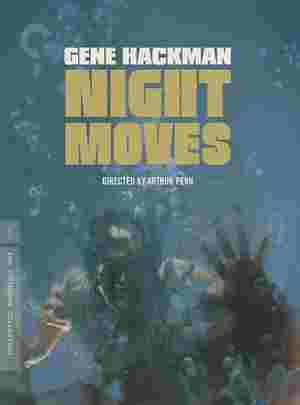4K UHD 夜行客/夜探毒龙潭 Night Moves (1975) 杜比视界 豆瓣6.9

商品详情
- 音轨:英语LPCM2.0
- 字幕:英 中简 中繁
必须支持4K UHD的机器+4K电视(或投影)+HDMI 2.0a 以上的线材。普通蓝光(PS4 PRO等)设备不能播放,请勿尝试。市面上所谓的4K蓝光机很多,但很多都是假4K,只是2K提升4K画质的垃圾!
(目前所知能播放的机器:Sony X780、X800,OPPO 203、205,Xbox oneX、oneS,松下UB系列,LG UP970)
如因为设备问题出现不能播放(能进菜单播放不了正片)等问题,请自行负责!
豆瓣评分 6.9
导演: 阿瑟·佩恩
编剧: 艾伦·夏普
主演: 吉恩·哈克曼 / 珍妮弗·沃伦 / 爱德华·宾斯
类型: 悬疑 / 惊悚 / 犯罪
制片国家/地区: 美国
语言: 英语
上映日期: 1975-06-11(美国)
片长: 100分钟
又名: 夜间行动 / 夜探毒龙潭
IMDb: tt0073453
$(function(){var limit = 5$('#info .attrs').each(function() {var $list = $(this).find('a')var $attrs = $(this)if($list.length > limit) {$attrs.empty()$list.each(function(idx) {if (idx+1 === $list.length) {$('').prepend($(this)).appendTo($attrs);} else {$(' / ').prepend($(this)).appendTo($attrs);}})$attrs.append('更多...')$('.more-attrs').on('click', function() {$(this).parent().find('span').show()$(this).hide()})$attrs.find('span').slice(limit).hide()}})})
夜行客的剧情简介· · · ·
Harry Moseby (Gene Hackman), a worn-out private detective, is hired to look for a 16-year-old girl who has run away from the luxury home of her mother, formerly a small-time actress in Los Angeles. The more the weary cynic tries to get under the surface of the seemingly simple case, the harder it is for him to find his bearings among the lies and deceptions that surround him. E...(展开全部)Harry Moseby (Gene Hackman), a worn-out private detective, is hired to look for a 16-year-old girl who has run away from the luxury home of her mother, formerly a small-time actress in Los Angeles. The more the weary cynic tries to get under the surface of the seemingly simple case, the harder it is for him to find his bearings among the lies and deceptions that surround him. Eight years after the key New Hollywood film Bonnie and Clyde, Arthur Penn and Gene Hackman reunited to collaborate on what was to become one of the most undervalued films of the decade. Like Polanski in Chinatown or Altman in The Long Goodbye, in his revisionist film noir, Penn also allows the 1940s classic genre to pervade the complex reality of the 1970s. The feelings of bitterness and emptiness in the modern Chandleresque protagonist originate not only in the “public” sphere of the strange, increasingly convoluted case, but in his private life as well (boyhood trauma, a broken marriage). As Moseby remarks of a sporting event, “nobody’s winning … one side is just losing slower than the other.”
